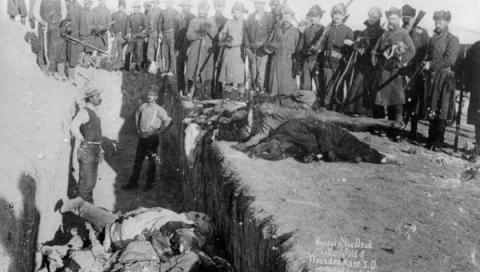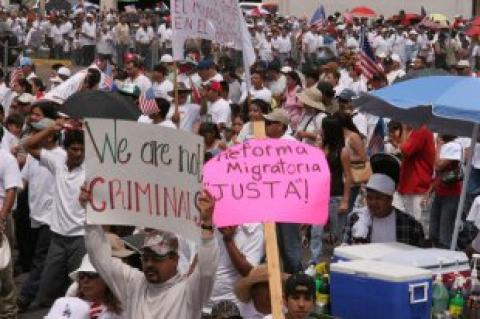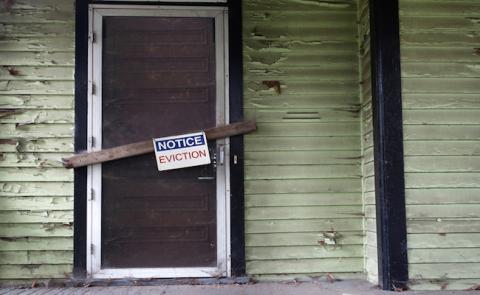The Other ‘Political Revolution’ Growing in Washington
The Nation

As #BlackLivesMatter co-founder Alicia Garza said explicitly at the Roosevelt event in conversation with Melissa Harris-Perry and Nobel Prize–winning economist Joe Stiglitz, “any policy that we develop needs to have an intersectional lens.”









Spread the word